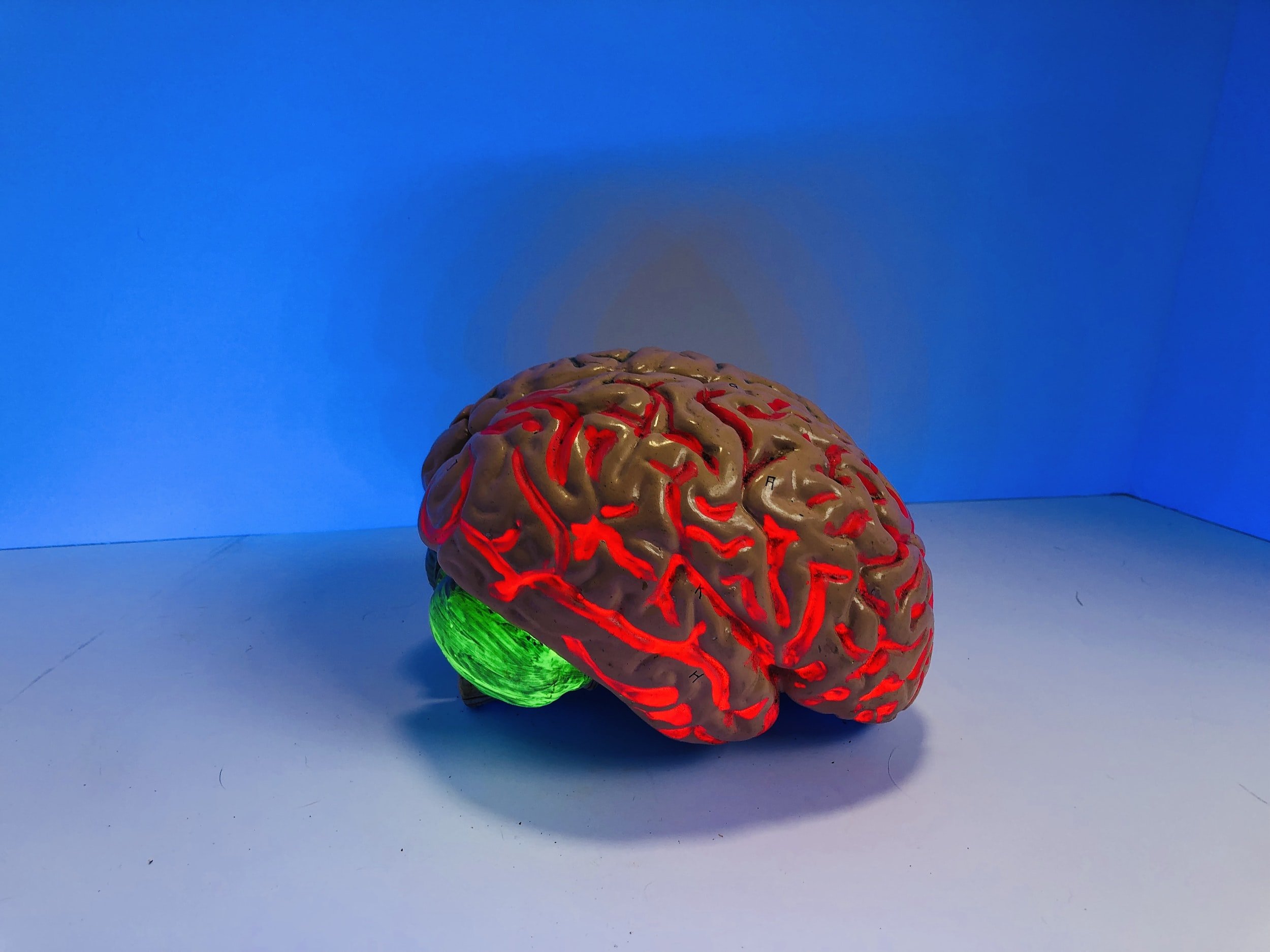The hippocampus is the most oxygen-sensitive part of the brain. It is well-known that severe anoxia results in profound neuronal cell death. Generalized and/or focal brain atrophy most frequently occurs in the hippocampus, the most oxygen-sensitive region of the brain. Injury to the hippocampus and resultant volume loss is associated with profound memory impairments. The hippocampus has a critical role in memory processing and cognition across all species. The hippocampus contributes to the ability of an individual to develop new long-term memories and transform short-term memories into long-term memories.
Anoxia-triggered hippocampal atrophy has been well-established in the literature. In the most basic sense, hippocampal damage results in declarative memory impairments while sparing non-memory cognitive functions like overall intelligence and attention. Declarative memory is of two types, episodic and semantic. Episodic refers to autobiographical memory while semantic is memory of general facts. This is well-understood in patients undergoing epilepsy surgery and severe memory impairments can be manifested following the removal of a substantial portion of the medial temporal lobes while preserving attention skills and intelligence. The cognitive consequences of selective hippocampal damage are linked to significant memory impairments.
The second type of memories that are associated with the hippocampus is spatial memory. Spatial learning and navigation allow an individual to memorize routes and pathways. A normally functioning hippocampus is necessary for normal day-to-day life. The hippocampus is also part of the limbic system and as such involved in emotional regulation. Dysfunction of the hippocampus is implicated in various neurological and neuropsychiatric disorders.
Hippocampus anoxia medical expert witness specialties include neuropsychology, neurology, pediatric neurology, epileptology, and cognitive neurology.

